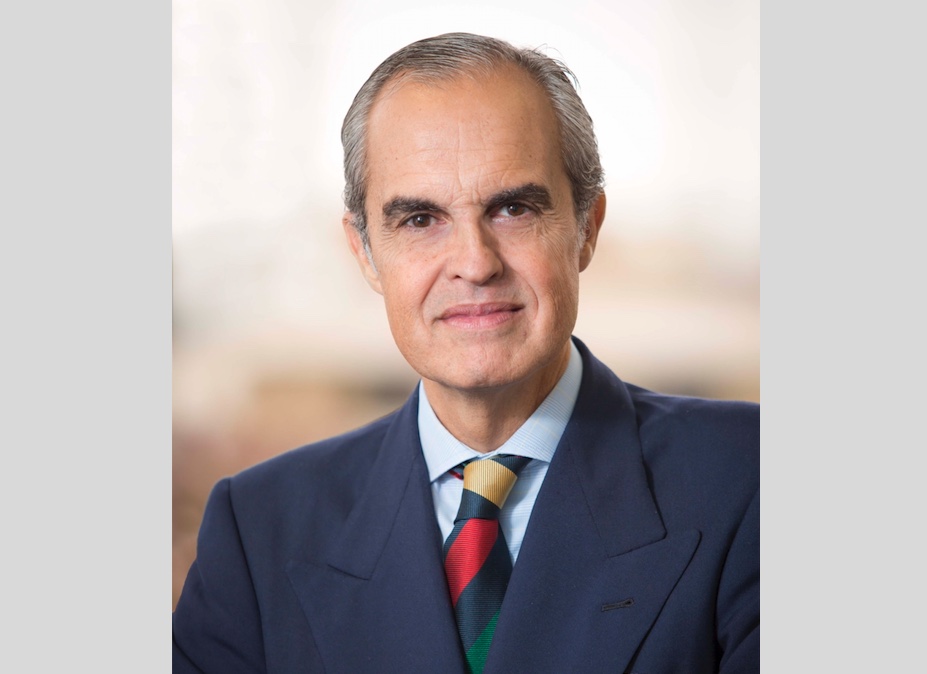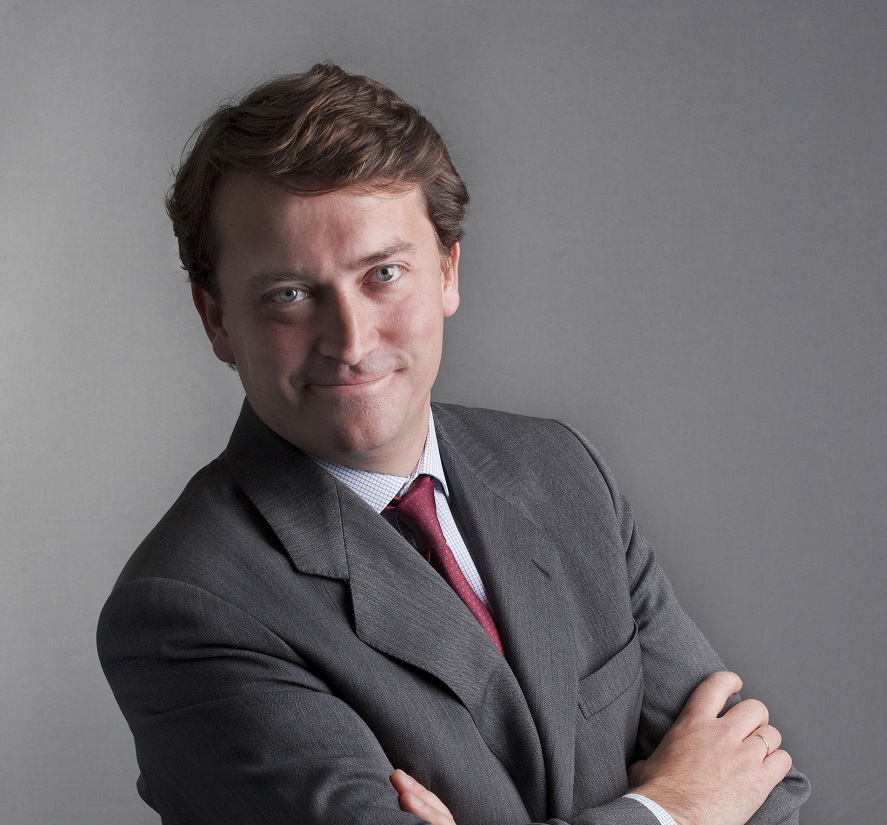The market environment is still favorable but we will have to be cautious with the policies of the central banks. For 2018, Íñigo Susaeta, Managing Partner of Arcano Family Office, favors short-term assets such as floating loans, emerging local currency fixed income, inflation-linked assets and different alternative funds that can look for opportunities without depending on the directionality of the markets. In this interview with Funds Society, in addition to talking about markets, Susaeta explains the impact that MiFID II will have; it will change the distribution landscape in Spain and will promote services such as independent advice –which they offer- and the discretionary management of portfolios.
Under MiFID II, financial advice in Spain could adopt a new face. What are the main changes that the regulations will bring to the industry? Will there be a revolution in the advisory business in Spain?
MIFID II will undoubtedly lead to a change in the business of many advisors in Spain, and in Arcano’s case, and specifically in its Family Office service, it is a slap on the back for our model with which we have been leading the market for a decade and where we have always opted, as one of our differential factors, for independence and for receiving payments exclusively from our clients.
In general terms, MIFID II aims to strengthen investors’ protection and to improve the functioning of financial markets through greater transparency of prices, competition and market efficiency. Thus, for example, banks will find it more difficult to collect incentives for the sale of funds and they will have to increase the amount of funds from other management companies which they offer their clients, which is causing a change in the distribution model.
How have you prepared for the regulations? What kind of advice does Arcano offer, both from the EAFI and the family office?
In Arcano we offer independent advice. In fact, we were pioneers in incorporating this model in Spain more than a decade ago. Thus, we adapt the best practices of international multifamily offices to our firm, and time has proved us right, becoming one of the market leaders in Spain, advising over 20 HNW holdings with a combined volume exceeding 1.4 billion Euros In this regard, the adoption of MIFID II has only reinforced our model.
There is a major issue in MIFID II that I would like to point out: the collection of retrocession fees. since its foundation, Arcano has considered the non-collection of third party retrocessions in the provision of its services to clients as a fundamental aspect for the development of its Wealth Advisory services. It is our company’s philosophy, and we believe that the absence of conflict of interest and independence is guaranteed in this way, something that we think does not generally happen in private banking.
Will MIFID II provide an impulse to discretionary portfolio management, or to advisory activities?
We believe that to both, and it is an area that Arcano is already developing through its IICs manager. In fact, if we look at the implicit costs that banks apply to some of their services, many clients will opt for other alternatives, giving an impulse to both discretionary management and independent advice.”
What growth rates has the family office shown in recent years and what objectives do you set for the next ones?
As I pointed out, Arcano has become one of the market leaders in Spain with over 20 families or HNW holdings with a total volume of more than 1.4 billion Euros. Our goal is to continue to have the trust of those great holdings, which increasingly need value and quality services, with a 360-degree approach like the one we offer at Arcano, which is completely independent and customized.
Your portfolio construction model already holds a 10 year track record… what are its key factors and how has it evolved?
It is a very different risk-based asset allocation model, based on principles applied by some large institutional investors such as Bridgewater or the sovereign fund of Norway, among others. It seeks greater robustness in the different market scenarios by distributing the total risk of the portfolio into four factors: inflation, interest rates, credit and growth.
We believe that the real diversification it offers will be fundamental in the most uncertain and volatile environment that we will live through in the medium term. Even in the most stable context of the last seven years, if we look at the profitability obtained by the sicav managing entities that manage over 100 million Euros, Arcano would be the second in the ranking with an annualized return of 4.4% in its moderate profile portfolio.
As well, your group has provided room for alternative management … is including these vehicles in the portfolios now a key factor?
In a market context such as the current one, with low interest rates, it makes more sense than ever to have part of the portfolio in alternative assets, including illiquid ones such as private equity or real estate funds, among others. However, it is important to have a global vision of the assets and their objectives and assess which weight is the most appropriate to include these assets in the portfolio, as well as selecting the best managers and products.
In Arcano’s case, however, it should be remembered that the advisory activity of large holdings is completely separate from the management activity of our management company’s alternative products.
Looking ahead to this year, do you expect more volatility? What assets do you favor?
The stock market cycle which began in 2009 is the second longest in history, which invites to proceed with a certain amount of prudence, also taking into account that central banks will jointly begin to withdraw liquidity from the markets by the end of this year. A rally in real rates faster or deeper than expected could lead to a repricing of risk assets. In this market moment, we favor short-term assets such as floating loans, emerging local currency fixed income, inflation-linked assets and different alternative funds that can seek opportunities without depending on the directionality of the markets.




